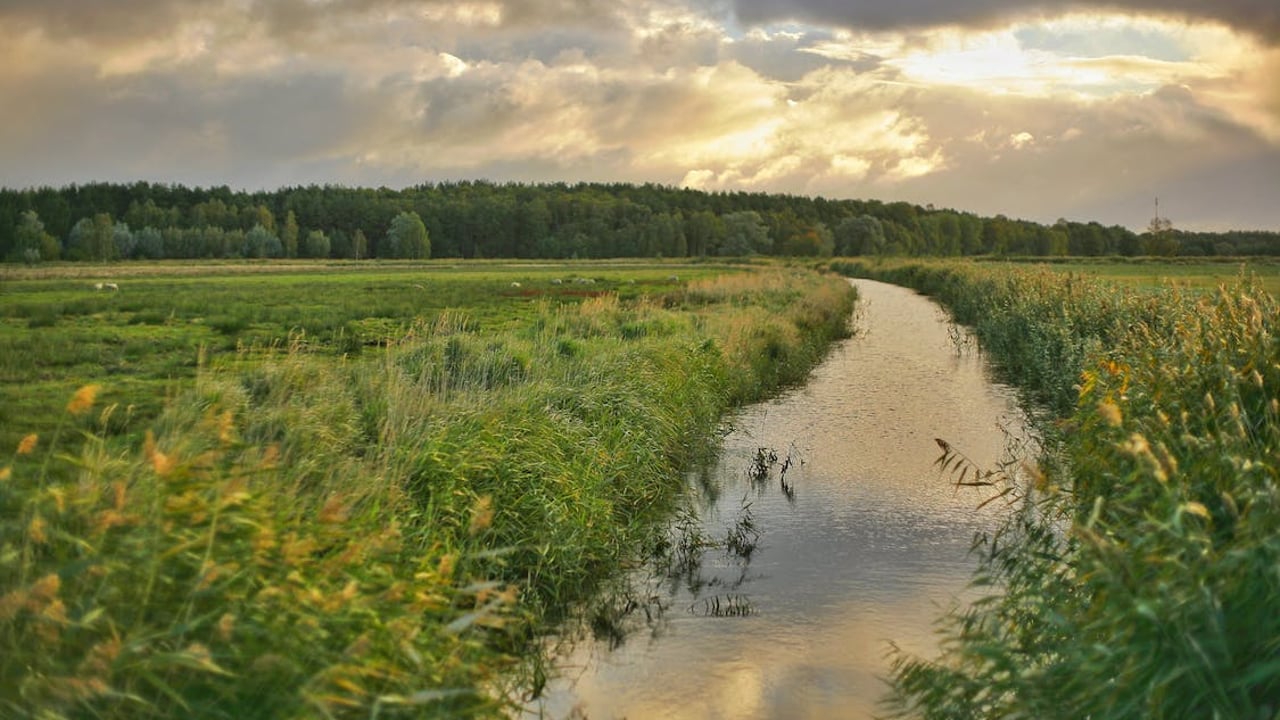Heydon: Derogation is 'absolutely pivotal to everything we do'
The Minister for Agriculture, Food and the Marine today (Thursday, May 1) told the Seanad that the nitrates derogation is "absolutely pivotal to everything we do".
Minister Martin Heydon said that everything he is doing around derogation is "to make sure we continue to have a derogation" but he also warned that in some areas "science shows our water quality is not what it should be".
As a result of this the maximum derogation stocking rate will reduce to 220kg livestock manure nitrogen (N) per hectare for some additional areas from December 1, 2025.
According to the minister this reduction was "necessary to best prepare for discussions with the European Commission regarding Ireland’s next nitrates derogation".
"Within this available timeframe, the December date was selected to allow farmers maximum time to prepare and manage their cows through the normal spring calving lactation cycle.
"In simple terms, derogation farmers in these additional areas will have a limit of 247.5 kg N/ha this year, rather than 250 kg N/ha.
"The rate is not dropping from 250 kg N/ha to 220 kg N/ha this year. By being able to give them the maximum amount of time until December, the rate is effectively just short of the 250 kg N/ha for this year. It will be 220 kg N/ha from next year on. This allows farmers the time and space to be able to plan for the new rate," Minister Heydon told the Seanad.
During the discussion on the nitrates derogation in the Seanad, Fine Gael senator, Noel O'Donovan, urged the minister to "stand firm on the side of farmers".
He highlighted to his fellow senators and the minister the work that farmers are doing to improve water quality particularly in his constituency of Cork south west.
Senator O'Donovan said he recently visited the Timoleague catchment area and the "rivers there are visually pristine".
"You would have no problem drinking from the rivers there because of the work of the farmers as regards nutrients stored and the time periods in which farmers are actually spreading slurry.
"The work farmers are doing on the ground is incredible to see, " he added.





